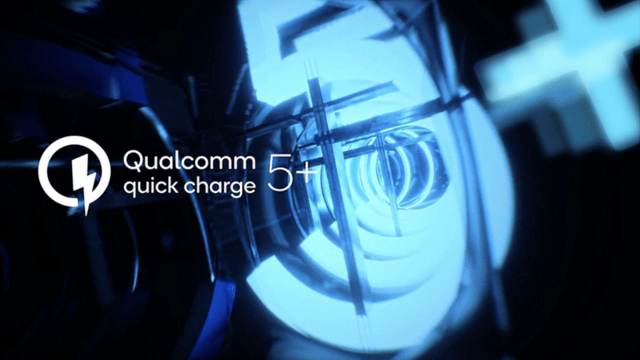A new study says that video therapy may come as a rescue for families with babies who are at high risk of autism. This therapy has the potential to improve the infants’ chances of, not developing autism.
This video therapy aims for the betterment of these babies’ social behavior.
Researchers used the video therapy to increase the parents’ understanding of the condition; as a result these parents responded well to their baby’s initial communications, an approach that may reduce the definite symptoms of autism.
“Targeting the earliest risk markers of autism, such as lack of attention or reduced social interest or engagement, during the first year of life may lessen the development of these symptoms later,” added main author Jonathan Green from Manchester University.

There are three major areas where patients suffering from autism show huge damage; these areas are social interaction, repetitive behavior, both language and communication skills.
The specific reasons for autism are still unclear but there remain many genetic and environmental factors that contribute together in this disorder.
Data suggests that on in 50 children suffer from autism in the US where in Europe; this number comes to one amongst 100.
In this research, a group of babies were selected whose age ranged between seven to 10 months. These babies were considered to be more prone to autism due to that fact that all of them had autistic siblings elder to them. These babies were provided with a unique Video Interaction for Promoting Positive Parenting Programme (iBASIS-VIPP).
Fifty-four such families with babies more likely to suffer from autism were chosen for either iBASIS-VIPP or no interaction.
With six consecutive visits to the families who received the video, the therapist worked on to improve parents’ response to babies’ communications.
After five months of continuous therapy, there was significant improvement in the areas of infant engagement, attention power and social interaction skills, an observation giving enough hope to the scientists that it is probably possible to modify autism symptoms with this therapy.
But one drawback of this therapy was also found with the fact, that these babies had decreased responsiveness to language sounds. Further investigations are required to establish the long lasting effect of this therapy, if there is any, added the researchers.








Add Comment